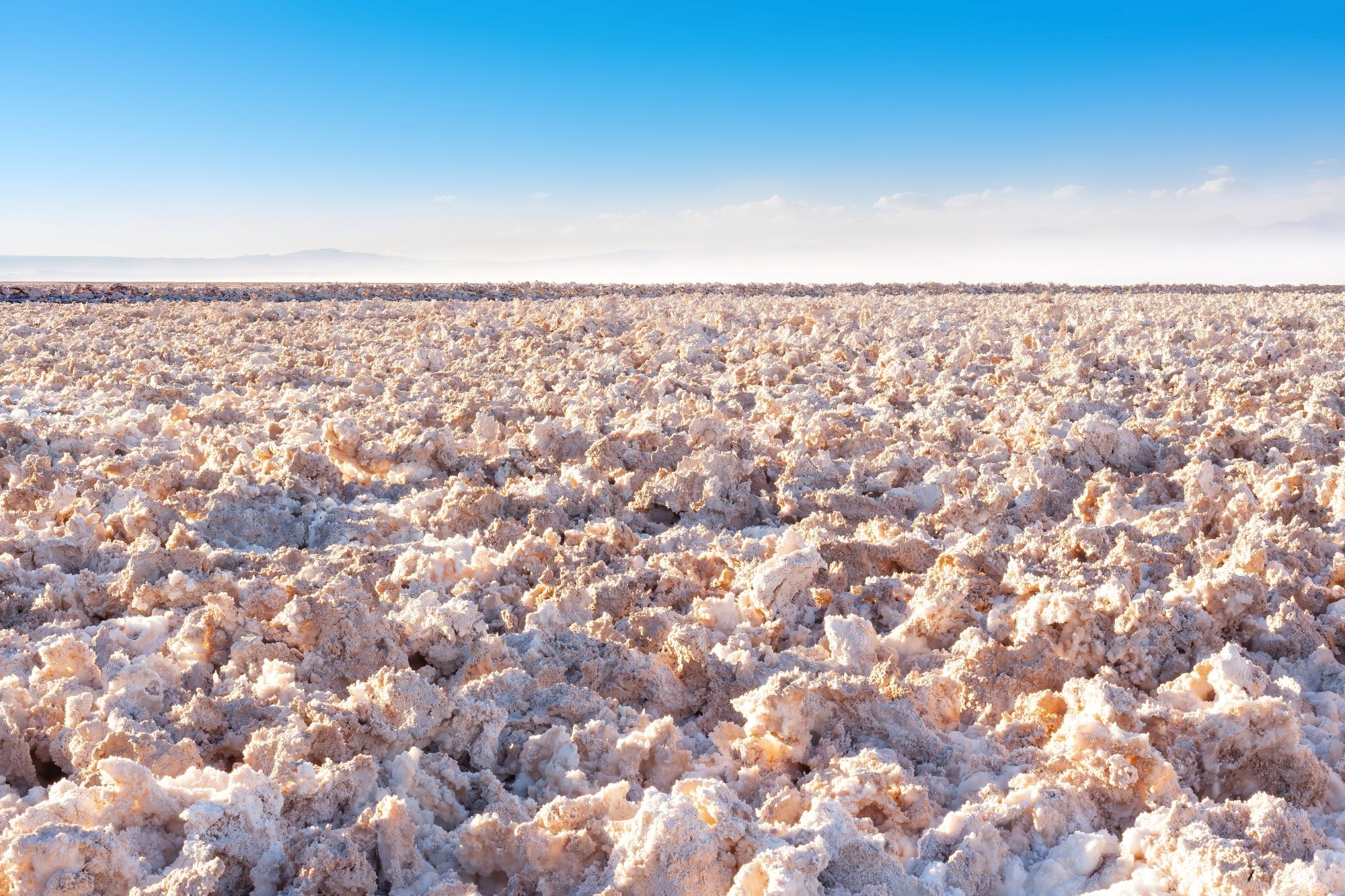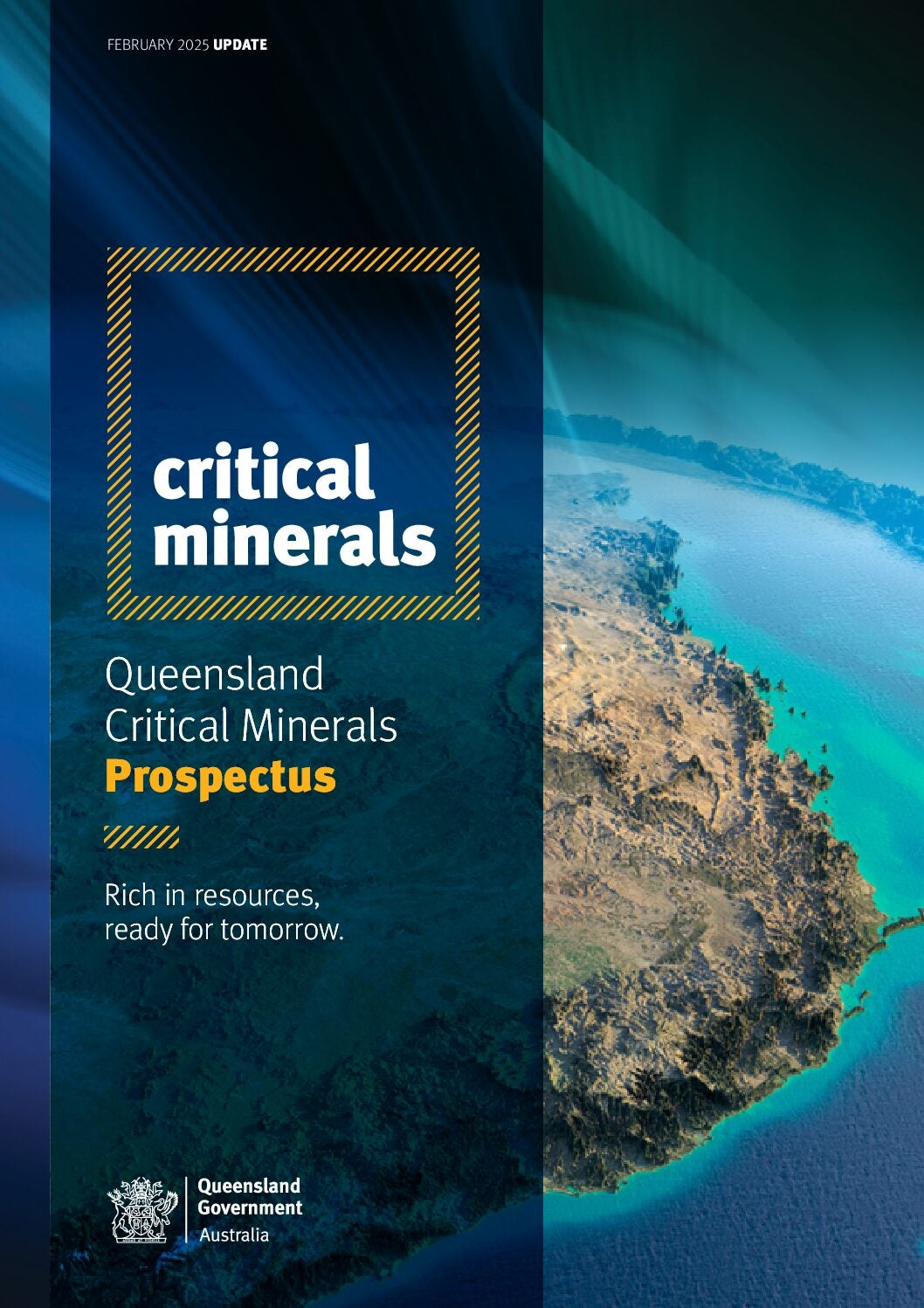

In September 1960, five oil producing countries gathered in Baghdad to form The Organization of the Petroleum Exporting Countries (OPEC). Frustrated with the dominance the seven major oil companies had over oil supply in their countries, the formation of OPEC was a major step in the push for national sovereignty over natural resources. However, this cartel has come under scrutiny, with political scientist Jeff Colgan arguing that it has largely failed to achieve its goals since the 1980’s.
In the rush towards electrification, battery metals such as lithium have become arguably the hottest commodity, and international companies are rushing to mine lithium deposits, wherever they lie. South America’s “lithium triangle” – an area stretching across Boliva, Argentina, and Chile – is thought to hold around 56% of the world’s lithium supply, and conversations around ownership and control of this resource have been heating up in recent years.

US Tariffs are shifting - will you react or anticipate?
Don’t let policy changes catch you off guard. Stay proactive with real-time data and expert analysis.
By GlobalDataOne proposed solution is for lithium producing countries – particularly those that form the lithium triangle – to form a “commodities cartel” like OPEC. Representatives from Argentina, Chile and Bolivia have been discussing the concept since July 2022, when ministers met at the Community of Latin American and Caribbean States (Celac) conference in Buenos Aires.
But is this the solution to increased demand for lithium supply? Could African nations – another major source of lithium – adopt a similar model? And given the many criticisms that OPEC has faced since its inception, how could members make sure that a potential commodities cartel truly serves its purpose? Here, Boris Ivanov, founder and board member of Emiral Resources, provides his insight into what a commodities cartel could look like, how it could avoid the issues faced by OPEC, and how likely to happen this hypothetical cartel actually is.

Kit Million Ross: In your own words, what does Emiral Resources do?
Boris Ivanov: Emiral Resources is an independent international mining company that offers proven expertise in the mining value chain from mineral exploration, production, operation, advisory, and also engineering for mining, oil and gas industries. The company has a growing mining portfolio which includes projects in Sudan, Mauritania and Ghana.
In recent years, we have continued to grow, invest, and explore to create a strong line up of projects to ensure organic and responsible growth that delivers the best operating results.
Why are countries discussing creating a commodities cartel focusing on critical metals and minerals?
As the renewable energy transition continues to drive demand for critical minerals and rare earth minerals, nations rich in these resources are considering how they can cut the best deal for themselves. For years, these nations have been unable to truly capitalize on their resource wealth and bring in much-needed revenue to finance core socioeconomic objectives and boost the economy for the long-term. A successful and working commodity cartel is appealing – in that it may allow these nations to pool their collective bargaining power to get the best deal – similar to OPEC.
Cartel talks are still very much in the embryonic phase. Indonesia is working on a proposal to pitch a cartel initiative to other major nickel producers and the South American “Lithium triangle” are eyeing a “lithium OPEC”, but so far there have been very few rumours of a similar model in Africa. But that doesn’t mean its outside the question. A cocoa cartel has been on the cards for years, and the idea of a metals and minerals one isn’t much of a reach.
How do you see any potential cartel influencing the global market for critical metals and minerals, and what effects do you anticipate on the price of these commodities?
As can be seen with OPEC, when these nations pool their bargaining power, they can have major sway on the price of commodities. Any potential cartel would allow nations to coordinate their production levels and prices for critical metals and minerals, which could boost prices and increase revenue for these countries.
However, the success of such a cartel would depend on several factors, including the level of cooperation and agreement among the participating countries, the level of demand for these commodities, and the availability of alternative sources for these metals and minerals. So, whilst the aim may be to raise the price, this isn’t a simple thing to do and comes with risks.
Commodities like lithium cannot be compared to oil – lithium is traded like specialist product rather than major commodity. That makes it harder to fix or create a standardized price.
How do you see this cartel impacting geopolitical relations and international trade agreements?
Relationships will inevitably change if a commodity cartel was formed, with China and US’s relationship bound to be impacted, as they continue to compete for privileged access to these raw materials – adding in a cartel would certainly shift power dynamics. Moreover, the formation of a commodity cartel could impact the global trade in these commodities because any attempt by the cartel to restrict or manipulate the supply of critical metals and minerals could be seen as a violation of international trade agreements, potentially leading to legal disputes and trade sanctions.
How can African nations make sure they stay ahead and maintain control over their critical mineral supply as the green transition increases demand for these materials?
Africa is a top producer of critical minerals, from cobalt to lithium and rare earth metals. As the continent hosts about a fifth of the global reserves of minerals critical for an energy transition, the mining industry has a role to play in sourcing and supplying the world with these resources.
It has also sparked a global rush for the minerals and rare earth metals with Europe, US and China all wrestling for deals and influence in Africa. Africa holds more bargaining power than ever and its imperative that they set themselves up for success. The global scramble for these critical metals and minerals has only just started – how Africa responds to this demand could determine the continent’s path to future growth.
However, harnessing mineral wealth is not easy and African policy makers will need to navigate geopolitical competition diplomatically and tactically.
Over the years, there has been significant sentiment against OPEC. If a similar organization was created for critical minerals and metals, what measures would ensure that the cartel does not become too powerful and monopolistic?
Global prosperity and security hinges upon efficient, sustainable, and equitable consumption of key resources. Given volatile economic markets, geopolitical challenges, supply chain pressures, and rising environmental and political agendas clashing over resource access, resource nationalism has been on an upward trajectory.
Price swings for metals and minerals may have received less attention from consumers than other resources like petroleum but the race to Net Zero and fulfilling the Paris Climate goals will bring this into sharper focus and start to have a direct impact to consumers in the coming years. Talks have been deepening around the possibility of a commodity cartel for key metals and minerals. However, it is still in the conceptual phase. Several factors still need to be considered for such a commodity cartel to work in practice and become influential.
Any future cartel for critical metals and minerals would need to consider geological, geopolitical and governance challenges.
Critical minerals coverage on Power Technology (or Mining Technology is supported by The State of Queensland. Editorial content is independently produced and follows the highest standards of journalistic integrity. Topic sponsors are not involved in the creation of editorial content.




